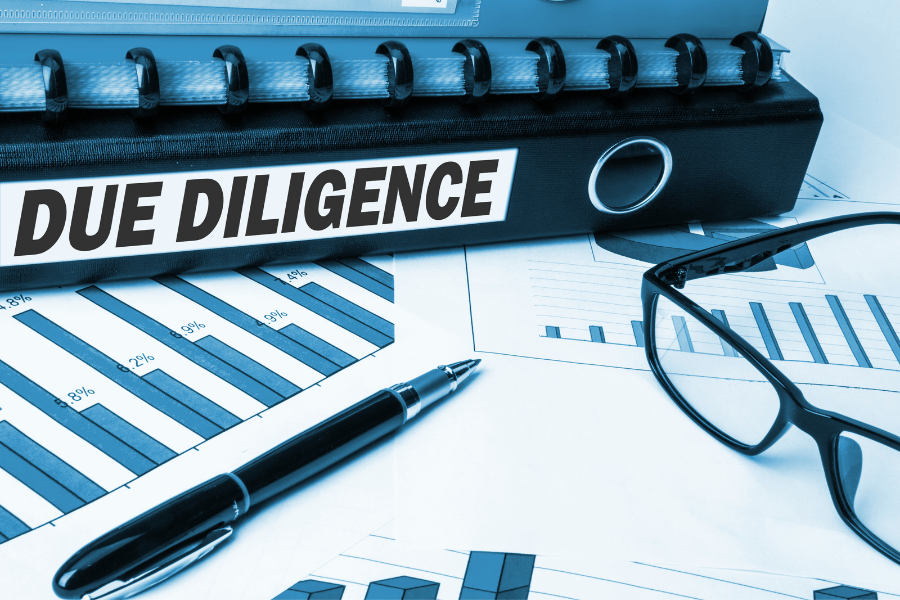
Renters expect that their future landlords will perform due diligence by checking their references before renting them a home. But it shouldn’t be a one-way street. When they’re entering into a legal contract with a landlord, tenants also have a responsibility to check out the property owner or manager.
Here’s a due diligence checklist of things you might want to research before you sign a lease:
- Interview current renters and neighbors of the rental property. Ask them: How do they like living there? Is the property well-kept? Are repairs made quickly? Are there any other issues?
- Check with local law enforcement to see if the address and neighborhood have had recent law enforcement involvement.
- Check local courthouse records for a notice of default on the landlord or the property address. You won’t want to sign a lease that carries the potential of bank foreclosure.
- Call your local Better Business Bureau and Chamber of Commerce, and ask about your landlord by name and company name.
- See how apartments stack up against the competition by researching and reading reviews.
- Google the property owner, property manager, property name and company name. You might be surprised just how easy it is to find poor reviews, legal proceedings, news stories, and other information you’ll need to make an informed decision before signing a new lease.
Interviewing a landlord when you first tour a property only provides you with part of the big picture. Take these few extra steps to conduct a thorough vetting of any potential landlord or property management company. Once your bases are covered, you’ll enjoy your renting experience more knowing exactly who is on the other end of your lease agreement.
Ready for a property management company that truly puts its tenants first? Class A Management has thousands of units under management and we welcome the opportunity to show you around. Contact us today to schedule a tour.



